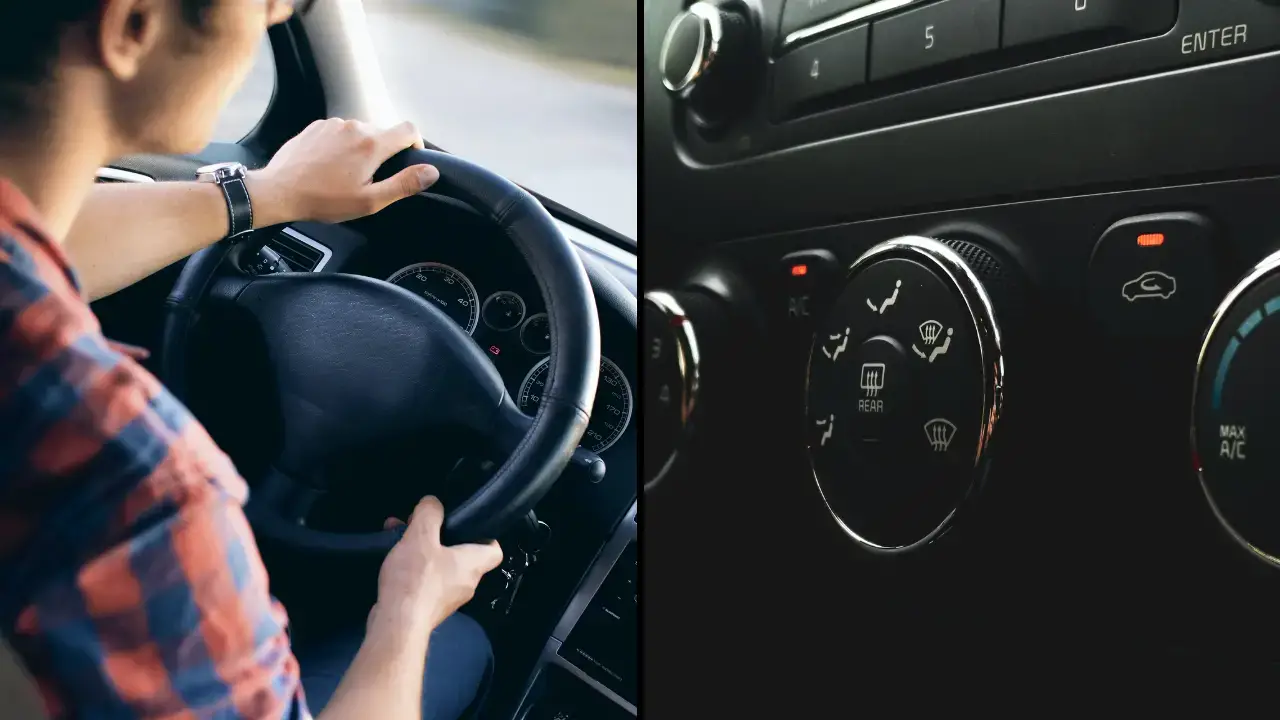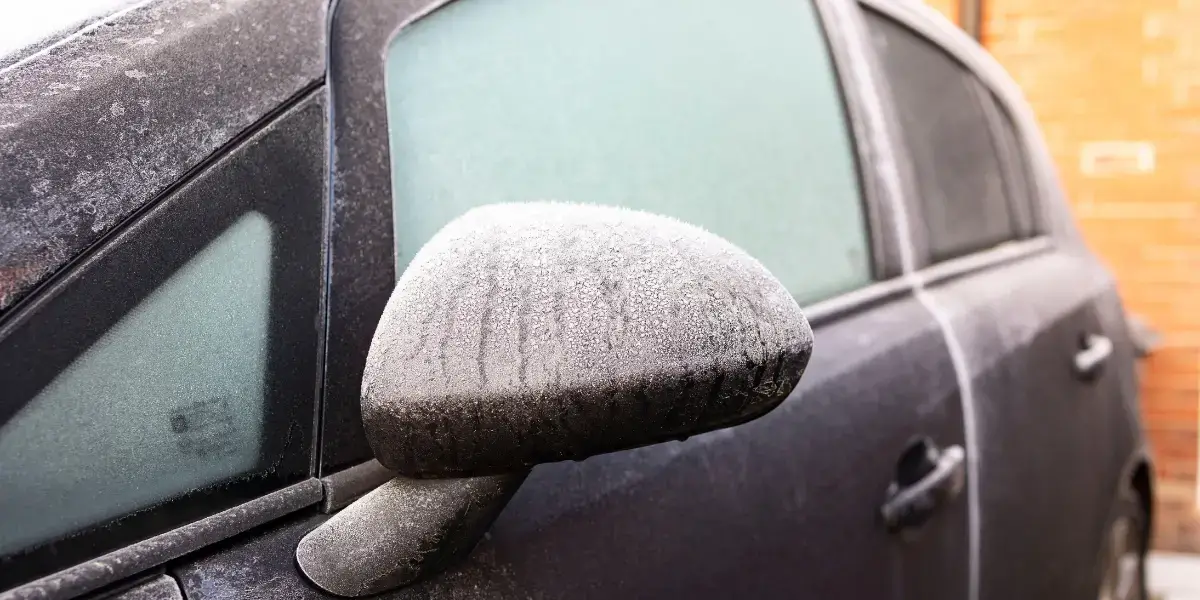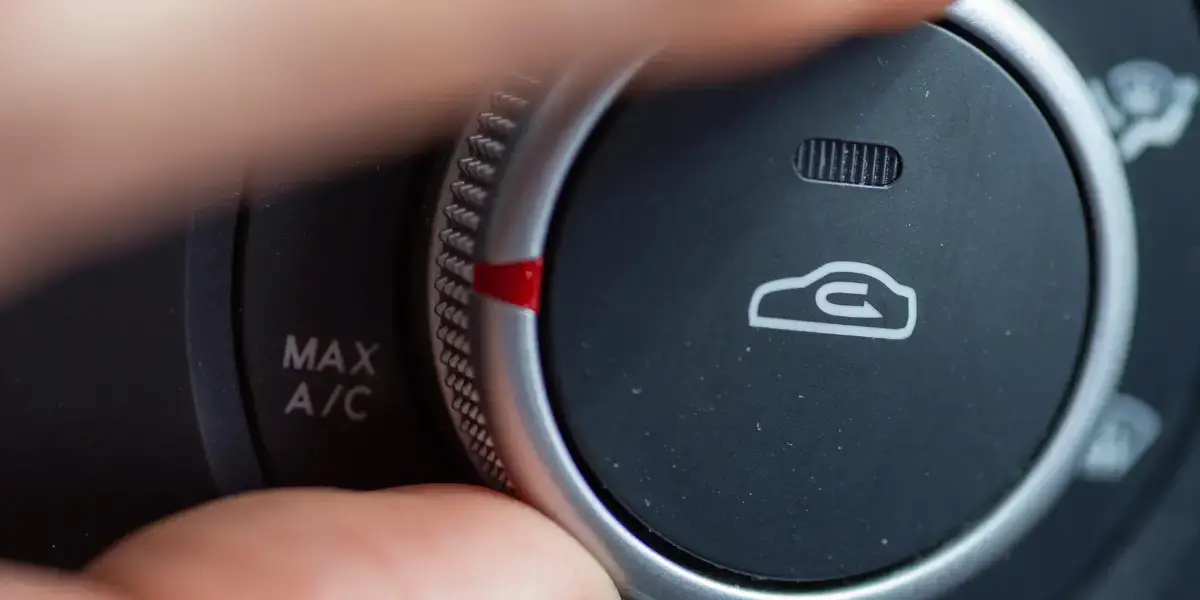
Credit: JESHOOTS.com/Pexels & Mohamad Aloul/Pexels
Drivers Warned Not To Press Misunderstood Button In Their Car This Winter
Motorists are being warned not to press a misunderstood button in their car this winter.
Any driver will tell you that being behind the wheel in the wintertime is no picnic.
From icy windscreens to fogged-up windows, operating a car when it’s cold comes with a minefield of issues.
But now drivers have been issued a firm warning over a certain button in their cars.
It seems many car users don’t know what the button means – but pressing it can actually be rather dangerous.
Related Article: Motorist Convinced ‘99% Of Drivers’ Don’t Know What This Sign Means
Related Article: Blank Red Road Sign Drivers Need To Look Out For – Or They Risk A £1000 Fine
A fogged-up windscreen can be a real problem when driving your car in colder climates.
Not only is it annoying, but it can seriously restrict a driver’s vision, with worrying consequences.
It forms when the moisture in your breath meets the cold surface of the glass, quickly turning from water vapour into droplets.
Some drivers suggested pressing one particular button in their cars to reduce the fog.
However, it turns out that not only does this button not work to defog your windscreen – but it can actually have an adverse effect on your car!

The team from Eden Tires & Maintenance has revealed that the ‘air recirculation button’ is wildly misunderstood by drivers.
The button works by working the airflow within the car’s HVAC (Heating, Ventilation, and Air Conditioning) system.
As the name implies, the button in question recirculates the air inside the car, rather than drawing in fresh air from outside.
You can recognise it within your vehicle by its distinctive icon as it looks like the outline of a car with a U-shaped arrow inside.
However, the driving experts have explained that pressing this button can cause more harm than good.

They explain: “As a general rule, when it’s cold outside make sure the recirculation button is switched off!
“The air-recirculation button is best to use alongside your AC during warm weather.
“During cooler weather, it doesn’t have many benefits and can even be detrimental.
“Some drivers think it makes sense to not have ‘all that cold air coming in’ if they are using heaters in winter.
“However, in reality, it’s best to keep it switched off.
“The standard ‘fresh air’ mode forces the outside air through your heater core so it’s nice and toasty before it reaches you, and your windows will de-fog a lot quicker and stay that way while you drive.”
Related Article: Driving Instructor Has Genius Tip To Make Sure You Can Reverse Into Parking Space Every Time
The experts also issued a stark warning to anyone using the button to defog their windscreen.
“The main downside of the air-recirculation button is that it traps humidity inside the car, which results in misted windscreens, especially when the air is cold outside and in wet weather,” they add.
“It can cause your windscreen to mist up, it can trap humidity in the cabin, and if your vehicle is fully loaded with passengers, it can cause it to be stuffy and may make you drowsy.”
The button is best used just to prevent smoke or bad smells from entering the car, and should only be used for brief periods.